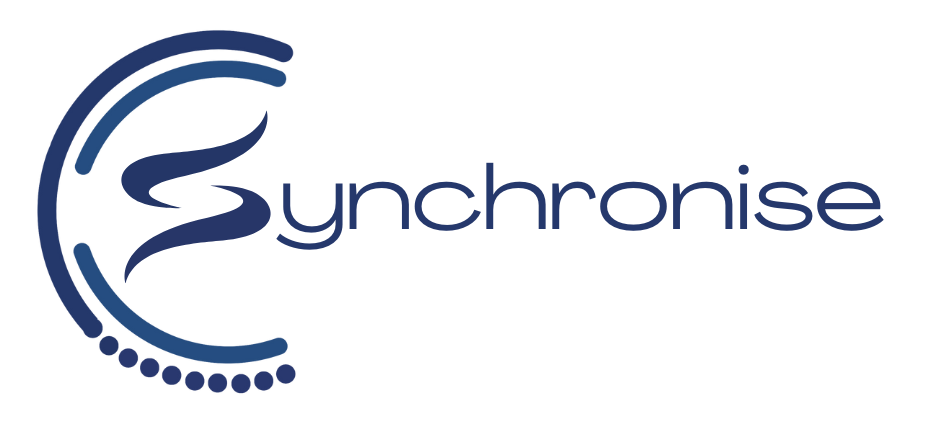In today’s fast-paced work environment, high-pressure roles have become the norm rather than the exception. Whether you’re an executive, a business leader, or a professional handling demanding responsibilities, the risk of burnout is real. Burnout affects mental and physical health, productivity, and overall job satisfaction. Recognising the signs early and implementing effective strategies can help individuals sustain long-term success without sacrificing their wellbeing.
Understanding Burnout
Burnout is more than just stress—it is a state of chronic exhaustion, cynicism, and reduced professional effectiveness. According to the World Health Organization (WHO), burnout is classified as an occupational phenomenon resulting from unmanaged workplace stress.
Common signs of burnout include:
- Persistent fatigue and lack of energy
- Increased irritability or detachment from work
- Reduced performance and motivation
- Sleep disturbances and difficulty concentrating
- Feelings of helplessness or frustration
High-achieving professionals are often at greater risk because they push themselves to excel, sometimes at the cost of their own wellbeing. The key to avoiding burnout is adopting proactive strategies that prioritise both mental resilience and sustainable work habits.
- Set Clear Boundaries Between Work and Personal Life: High-pressure roles often blur the line between work and personal time. While dedication is admirable, constant availability can lead to exhaustion. Setting firm boundaries can help maintain a healthy work-life balance.
- Define clear working hours and stick to them
- Turn off work notifications outside of office hours
- Create a dedicated workspace to mentally separate work from home life
- Take regular breaks to avoid mental fatigue
Leaders who respect their own boundaries set an example for their teams, fostering a healthier workplace culture.
- Prioritise Self-Care and Recovery: Self-care is not a luxury—it’s a necessity for sustained performance. High-pressure roles demand energy, focus, and resilience, all of which depend on proper self-care practices.
- Exercise regularly: Physical activity reduces stress and improves mental clarity
- Get sufficient sleep: Aim for 7-9 hours of quality rest per night
- Eat a balanced diet: Fueling your body with nutritious foods enhances energy levels and cognitive function
- Practice mindfulness or meditation: Even a few minutes a day can help improve focus and reduce stress
By making self-care a priority, professionals can improve their endurance and overall wellbeing.
- Manage Workload and Learn to Delegate: Many high achievers struggle with delegation, believing they must handle everything themselves. However, effective delegation not only reduces stress but also empowers teams.
- Identify tasks that can be delegated to team members
- Communicate clear expectations to ensure successful outcomes
- Trust colleagues to take ownership of responsibilities
By letting go of unnecessary burdens, professionals can focus on high-impact tasks while maintaining their energy levels.
- Develop Strong Support Networks: Isolation is a significant risk factor for burnout. Having a strong network of colleagues, mentors, and friends can provide emotional support and valuable perspective.
- Engage in regular check-ins with trusted peers
- Join professional networks or leadership groups to share challenges and solutions
- Seek guidance from a mentor or executive coach
Talking about work-related stress and seeking advice from others who understand the pressures can make challenges more manageable.
- Implement Stress-Reduction Techniques: Managing stress effectively is crucial for avoiding burnout. Different strategies work for different people, so it’s important to find what helps you unwind.
- Time management techniques: Methods like the Pomodoro Technique or Eisenhower Matrix can improve efficiency and reduce overwhelm
- Creative outlets: Engaging in hobbies outside of work can help relieve stress
- Disconnecting from technology: Reducing screen time, especially before bed, can improve relaxation
By integrating these strategies, professionals can mitigate stress and maintain peak performance over time.
- Recognise When to Seek Help: Despite best efforts, burnout can still occur. Recognising the warning signs early and seeking support is essential.
- Consider talking to a mental health professional if stress becomes overwhelming
- Take time off to recharge when needed
- Advocate for wellbeing initiatives in the workplace, such as Employee Assistance Programs (EAPs)
Seeking help is not a sign of weakness but rather a proactive step toward long-term success and sustainability.
Final Thoughts
Burnout is a serious challenge in high-pressure roles, but it is not inevitable. By setting boundaries, prioritising self-care, managing workload effectively, and seeking support, professionals can build resilience and maintain both productivity and wellbeing.
At Synchronise Resourcing Solutions, we believe that sustainable success comes from balancing ambition with self-care. When we talk to candidates and clients alike, we are mindful in our job description discussions of the importance of work life balance from both the employer and employee points of view.
Get in touch with us today for an obligation free chat about your recruiting goals for 2025!


